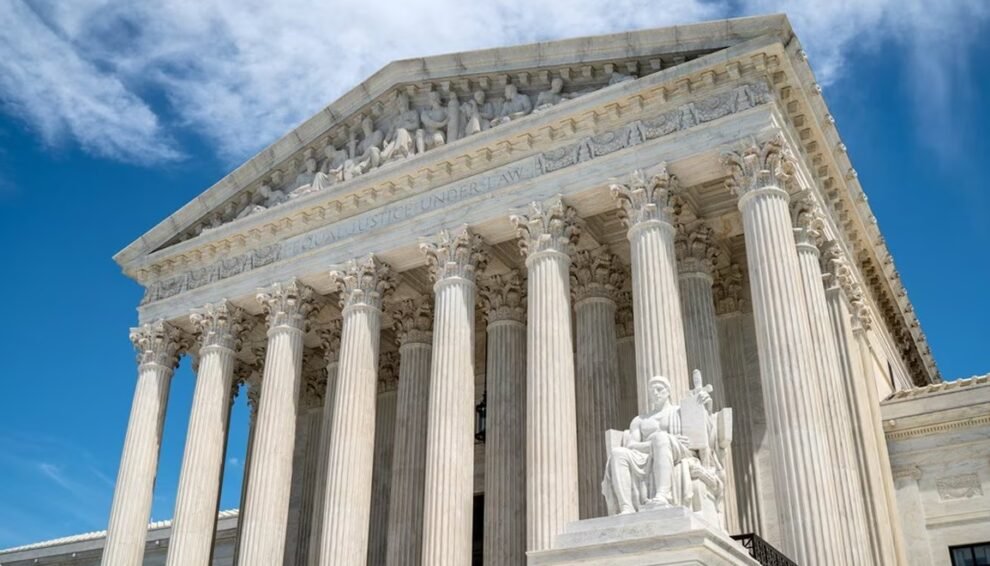The United States Supreme Court is a body as old as the nation itself, and since its inception — enshrined in Article 3 of the Constitution — justices appointed to the highest court serve for life.
Although prior attempts to limit their terms have come and failed in Washington, D.C. a Georgia representative is trying again with a unique approach.
Rep. Hank Johnson, the Democratic representative from Georgia’s fourth district, reintroduced a bill this month that would slap 18-year term limits on any justice appointed to the Supreme Court bench.
Johnson, who is the ranking member on the House Judiciary Subcommittee on Courts, differentiates his term limit bill from calls to “pack” the court in the wake of three conservative appointments during the administration of former President Donald Trump.
“Expanding the court is a short-term solution,” said Johnson. “For a longer-term, salvaging of our democracy we need to do away with this concept of lifetime tenure for Supreme Court justices and impose term limits.”
Article 3 of the U.S. Constitution guarantees lifetime tenure to all Supreme Court justices. Johnson said his bill, named the TERMS Act, addresses that.
“When reading my legislation, you’ll see that judges, justices would remain justices, they just would go on senior status and they would be removed from handling the everyday matters that come before the court,” he said. “They would be like reserve justices. They would be on the payroll, they would still be Supreme Court justices, but they would be in senior status.”
“They would play the role of filling in for a justice who may have to recuse themselves or may for some other reason be absent from being able to be a part of the process, maybe sickness or something like that.”
The idea would be that every sitting president would get to appoint two justices during their tenure, once the limits take full effect. Current sitting Justice Clarence Thomas is the only sitting justice that has served longer than 18 years. He’s been on the high bench for 31 years. Chief Justice John Roberts hits the 18-year mark in just two days on Sept. 29.
“Really, the biggest issue facing the American Supreme Court is this one,” said Georgia State University law professor Eric Segall. “We shouldn’t name our highest judges on our highest court through luck, through who lives and who dies. It’s a crazy system.”
For decades, Segall has studied and authored books on the U.S. Supreme Court and term limits. He says no other countries besides Iceland appoint high court justices for life, and notes that outside of Rhode Island, 49 states, including Georgia, term limit their state supreme court judges.
“Supreme Court vacancies shouldn’t be filled because somebody dies or somebody strategically retires,” he said. “In a democracy, don’t give government officials power for life. It’s a terrible idea.”
Segall acknowledges attempts to term-limit justices so closely on the heels of three conservative judges might not play well in Congress, although he’s assured of the constitutionality of the bill.
“I think that’s fully constitutional. I know most leading scholars think that’s fully constitutional, but whether the Supreme Court of the United States would think that’s fully constitutional is an open question,” he said. “I think the ideal time for this kind of proposal, would be a time where the court is not either seen as very left or very right.”
Source : Atlantanewsfirst












